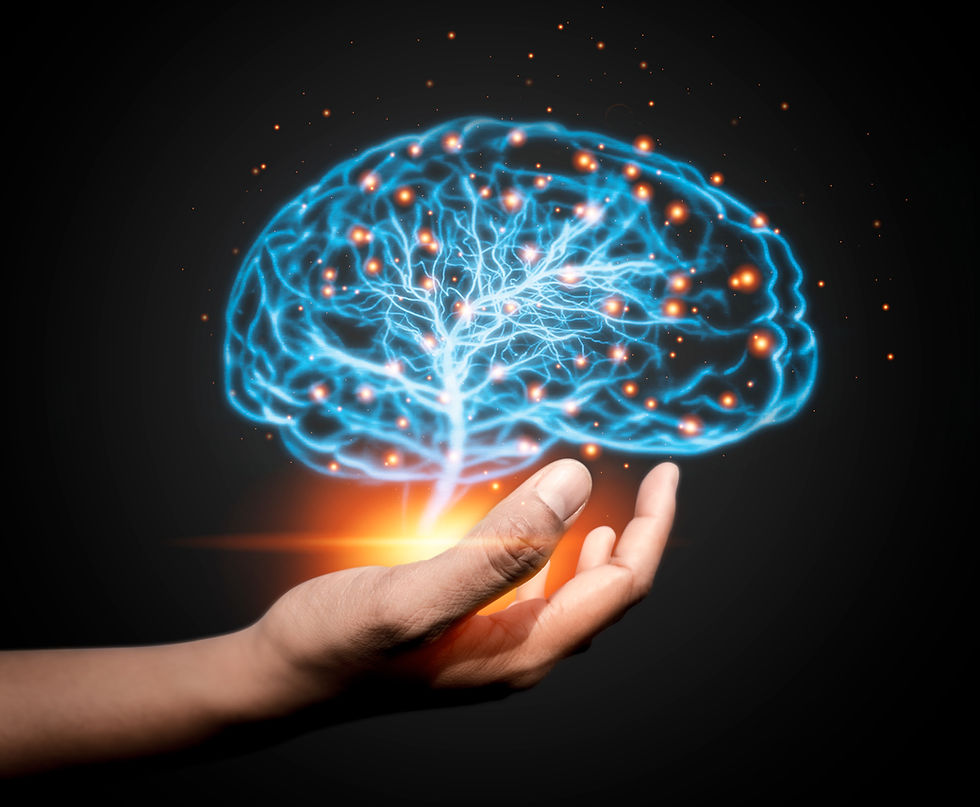One Shortcut To Happiness You Don't Want To Miss
- nanci j bradley
- Apr 9, 2022
- 4 min read

The news lately is bleak. But what can we do about it? Do you want to let mean people rule the world? Stop war and killing? Or would you rather learn how to create peace?
And how do we create peace anyway?
Could it be that we might be able to create peace by creating peacemakers? We probably should have researched that more in the 80's but we can only start where we are now.

So many of us in early childhood education and human development think earlier is better for emotional development. We also know now that even very young children can learn problem-solving and learn to do it in a non-violent way.
That means they can get what they want but they may have to wait and they can't get it by using any type of hurting behavior.
Brain development research suggests that brain patterns including attitudes form very early on in life.
In the first few years of life, more than 1 million new neural connections form every second.* After this period of rapid proliferation, connections are reduced through a process called pruning, which allows brain circuits to become more efficient. In light of these findings, focussing on early childhood only makes sense. -Center for the Developing Child, Harvard University-

Everything I know about the brain both from my research and from my 43+ years of hands-on experience with very young children says that play, music, dance, space, books, art, and sleep can create peace and happiness in an early childhood environment. But it can only do so if it's all paired with emotional development and problem-solving.
It may sound a little bit complex, but let me break it down for you because that's what I do best.

Early childhood educators and parents everywhere use music and dance as a shortcut to happiness for young children. This is based on brain research that everyone from infants to grandparents can take advantage of.
Music can change the mood. Music can get our bodies moving in a positive way! Music can teach us all kinds of skills including emotional ones.

Music can allow a child to be nervous or sad and know that it's ok and also that they can move on from those feelings when ready.
Music can help a child calm down when it's time to nap or sleep at night.
Music also creates brain activity that's conducive to learning math! It also motivates many children to read in order to learn to sing the lyrics.

That's why we often learn the ABC's through a song, as well as body parts and other language milestones.
Music can help us form helpful opinions. One such opinion is that "good people come in all different shapes, sizes, colors, cultures, abilities, genders, and ages".
Here's a list of 15 of my favorite and diverse music and movement songs. Most of these were discovered by talking to people around me and sharing what I learned with children.
El Coqui
from Puerto Rico
a lullaby in French and English
a dance tune
positive hip-hop song
reggae
ska
Korean pop
South African lullaby
Russian
Latin style pop
Catalan

Now for the easy part.
Do it. I’ve noticed a marked decline in the number of people, childcare providers included that are willing to let loose and sing or dance in the classroom. Many will do a finger play or song because it’s part of a lesson plan but what about spontaneous outbreaks of joyful song?
What about an unplanned dance break just because energy is high and it’s a fun way to release it? Are you willing to risk looking silly? When you do, I know your classroom mood will improve because fun and learning are tied together in our brains and can't be teased apart in the youngest of learners.
"These things are fun and fun is good." Theodore Geisel (Dr. Suess)
Take a brain break right now and dance to this. Most kids and adults love the energy and the positive message in this song.
Here are a few of the benefits of music and movement.
better mood
increased metabolism
learning,
mind-body connection
fun
better sleep
Children learn by example!

Want to rock the world through early childhood experiences? Learn more about getting kids to listen without yelling or time-outs? You can join us here, get free stuff and work together to create more peace and fun!
Nanci J Bradley is an early childhood and family educator, author, teacher, family aerobics instructor, and an all-around fun-loving person. She believes in the power of sleep, healthy eating, lifelong learning, and most of all, PLAY! She studied early childhood ed at Triton College and received her BS in education in 1986 from NIU. She received her MA in human dev from Pacific Oaks College in 2011. She lives and teaches in Madison WI and is the founder of early childhood rocks, a non-profit org dedicated to creating change through early childhood education.





Comments